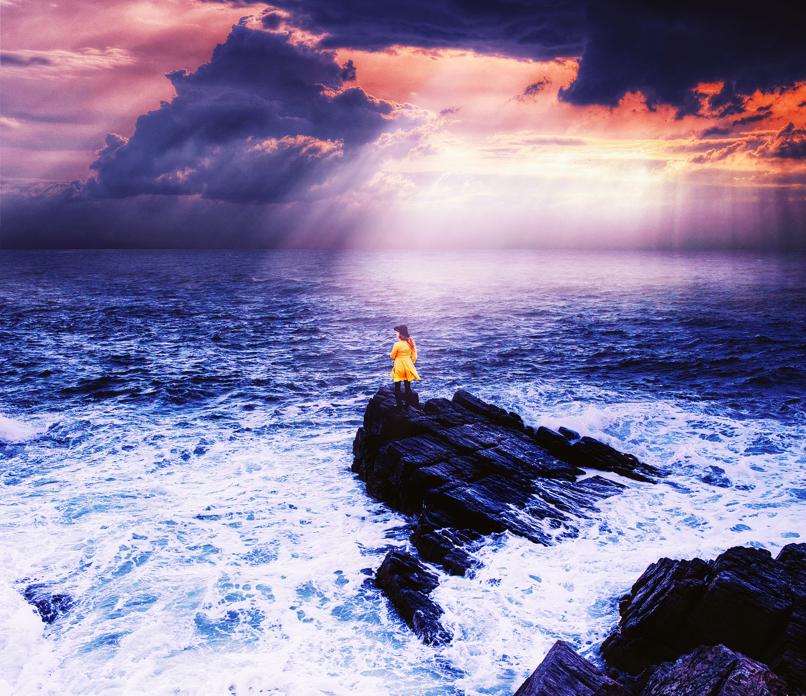Quincy native Simon Gee, 31, is a graphic designer by trade and a photographer by choice — but the 31-year-old brings such precision, passion, and professionalism to both that you wouldn’t know the difference. His Instagram (@xlixir) is a treasure trove of transformed topography, urban and wild, each image painstakingly crafted to find the fantastical in even the most familiar of locations.
Q. Why did you get on Instagram?
A. It was a great way to just wander; I think adventure goes hand-in-hand with photography because it brings you places you don’t normally go.
Q. Where did your handle come from?
A. It’s a derivative of the word “elixir,’’ which had been taken prior to me making the account. I use an “x’’ as a reference because, to me, that letter is very symmetrical, and it’s one I have an affinity for. I’ve used it in a lot of screen names previously. And to me, the word “elixir’’ is defined as a magical potion that cures life’s ills or that can be capable of prolonging life indefinitely; and metaphorically, photography is my elixir. It cures all the worries I have at that moment in time; I’m not thinking about anything going on my life, and it’s just me and the camera consciously framing what’s in my viewfinder. A camera also prolongs a life’s moment indefinitely, and my sole reason for picking up photography in the first place was to document the good times in my life with my friends.
Q. What’s your approach to photography?
A. There are times when I’m shooting on the street, and it’s more about the moment. For example, I might have to try to capture someone’s face or see whether I can capture the light in a dark alley as they’re walking by it. But then there are other times when I have something in mind that I want to create. If I’m walking through an environment, I’ll be thinking about something like silhouettes as a theme, so my goal will be capturing a silhouette in that space. And then there will be times when there are conceptual elements I’m trying to convey — one week, I was aiming to take photos that were “futuristic.’’
Q. What’s your editing process like?
A. If I have a concept in mind for what I want to do with the photo, it doesn’t take too long. If there are heavier edits, it might take longer, but I try not to do too much manipulation. I still want to give the overall feeling of what painters used to do, in terms of using dark and strong light to convey mood.
Interview was edited and condensed. Isaac Feldberg can be reached by email at isaac.feldberg@globe.com, or on Twitter at @i_feldberg.




